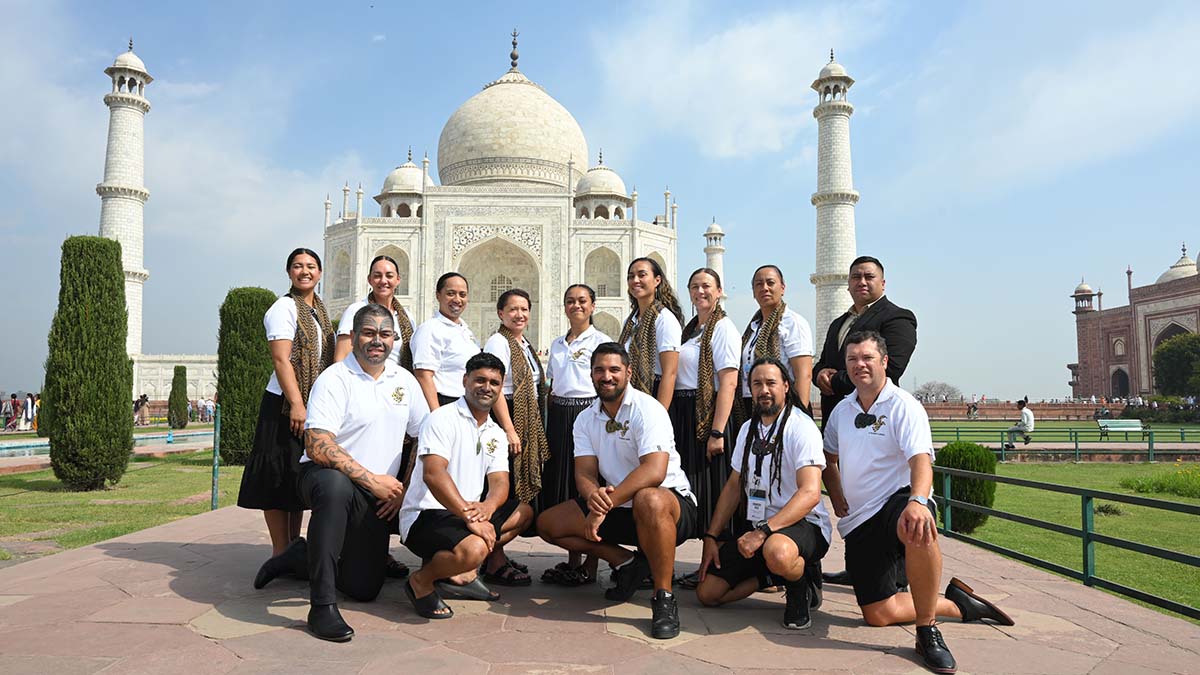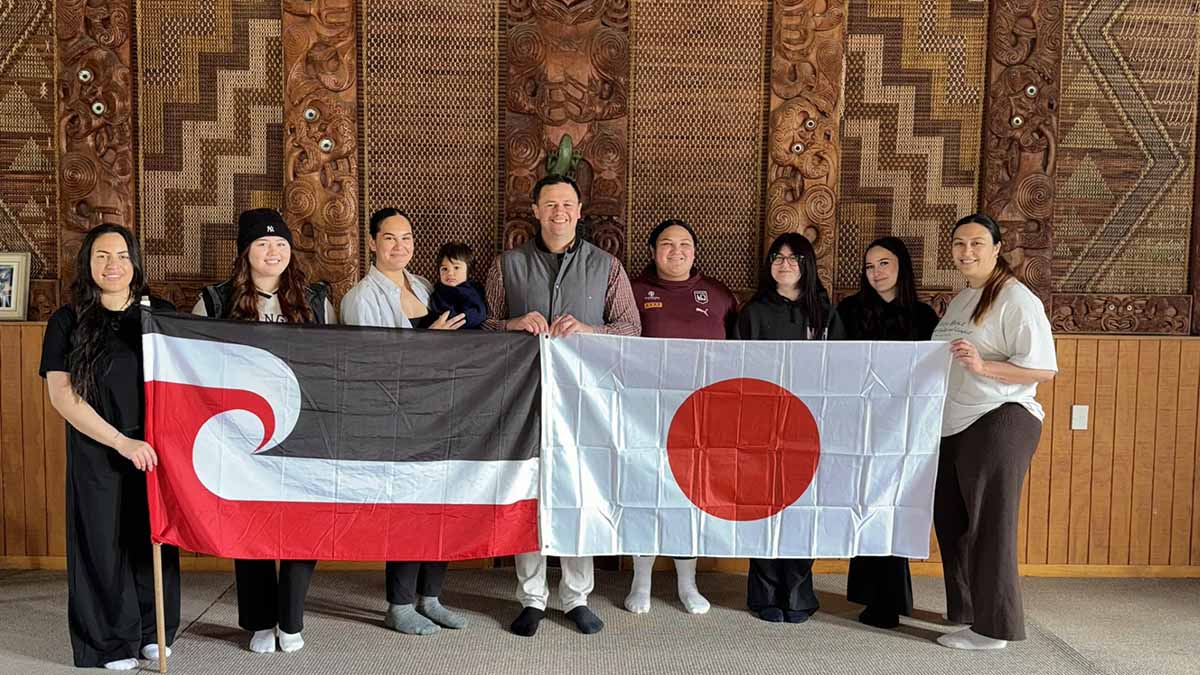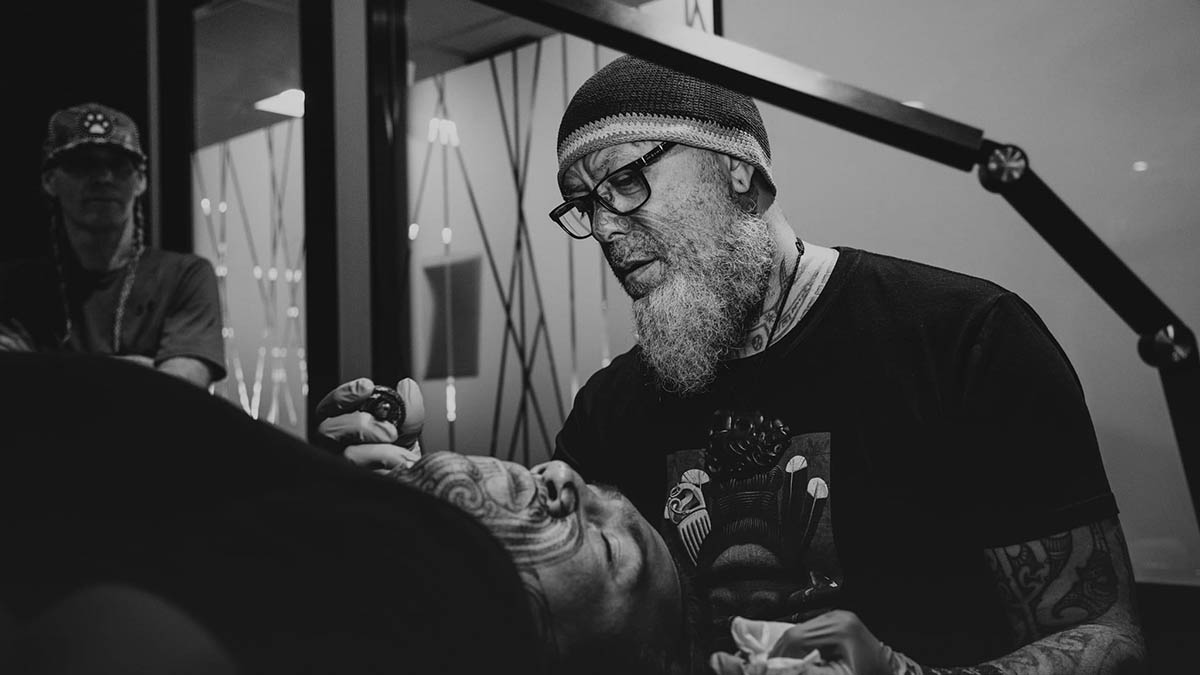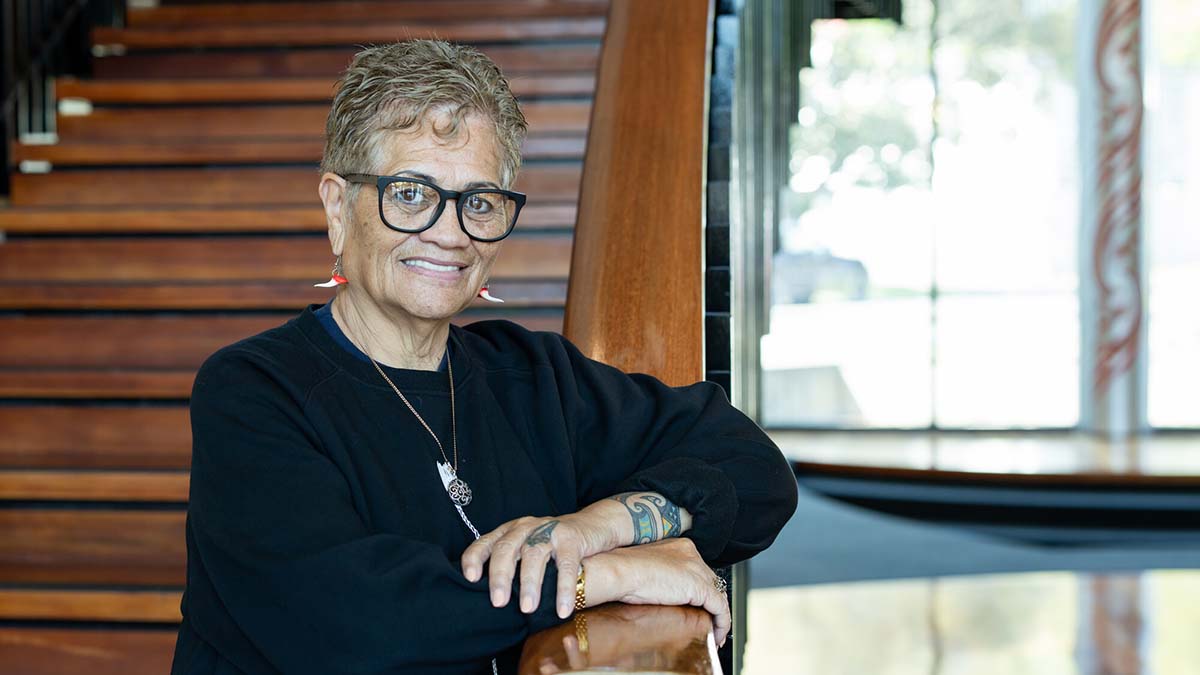Polyfest Celebrates Five Decades
Te Whare Wānanga o Awanuiārangi is committed to the preservation and advancement of Te Reo Māori, mātauranga, tikanga, and culture. As Polyfest marks its 50th anniversary this week, its significance as a platform for cultural expression, learning, and identity continues to grow and inspire.
To acknowledge this milestone, Wiremu Doherty, CEO of Te Whare Wānanga o Awanuiārangi, shares his reflections on the lasting impacts of Polyfest and the role of institutions in ensuring its future.
For 50 years, Polyfest has been a cornerstone of Māori and Pacific identity, providing a vibrant space where knowledge, language, and culture are lived and celebrated. It has evolved into a nationally recognised event that attracts thousands of participants and spectators. It has become more than just a festival; it is a platform for young people to connect with their heritage, affirm their cultural pride, and showcase their talents. For generations, it has fostered unity and belonging within Māori and Pacific communities.
Polyfest provides rangatahi with a space to develop discipline, leadership, and a deep sense of commitment to their rōpū. Unlike a traditional classroom setting, where focus can waver, kapa haka and cultural performance demand full presence and engagement because they are alive—they connect, challenge, and unite us. Through kapa haka, the alignment of knowledge, language, and culture is achieved, connecting the context and purpose to the learner. Rather than focusing on the individual, the role of the learner is realised and measured through their connection to the collective voice and movements that complete the overall performance. When knowledge, language, and culture align, we begin to see the space between things and understand that we are not mutually exclusive entities; rather, we are intricately woven together and connected through the spaces between us.
As powerful as the movements and actions of the individuals in the kapa are, so too are the spaces they create between themselves and between us. We have all felt the ripple of awe that travels up your spine, down the back of your neck, to the top of your head, causing your eyes to well up while watching a haka performance. When we become aware of this space, we recognise its importance in ensuring harmony with our team and our environment. The first thing we notice is our differences, but difference does not divide us—it strengthens us.
Kapa haka is the embodiment of who we are. It is where our language is strengthened, our histories are retold, and our tikanga is upheld. Over the years, haka has been performed on some of the world's biggest stages, captivating audiences and demonstrating its power as a global connector. One such performance took place on the Great Wall of China, so profound that it transformed a space historically associated with division into one of welcome and connection. That is the power of our cultural expression—its ability to convey a depth of meaning that transcends language.
Haka has always been a space for presenting perspectives, even when those perspectives challenge the status quo. Around the world, we see policies eroding diversity, equity, and inclusion. Yet, through kapa haka, we retain the power to amplify our narratives and uphold our values.
The example of difference, diversity, and inclusion is profoundly presented before our eyes in nature—natural forests thrive in diversity, while mono-crop agriculture and mass livestock farming weaken ecosystems. You will never find a mono-species occurring naturally in nature. Instead, we are presented with a collage of shapes and colours where beauty is found within the contrast. The attacks on diversity, equity, and inclusion are the latest attempts to transform us into a mono-species. Again, the impact of haka is achieved through the contrasts of sound, shapes, and movements that unite to create a single performance.
For nearly two decades, Awanuiārangi has supported Polyfest, ensuring it remains a thriving space for cultural excellence. To uphold kapa haka at its highest level, we must invest in the knowledge and language that sustain it. That is the foundation of our Whare Wānanga and why our support remains steadfast.
Looking ahead, my hope is that Polyfest continues to grow and be recognised for its immense educational and cultural value. It is encouraging to see kapa haka formally integrated into NCEA and increasingly accepted as a valid research methodology, even at a PhD level. As long as Polyfest remains grounded in its core principles, it will remain a vital platform for expression, learning, and resistance.
As institutions, we must continue to recognise and validate these events as legitimate forms of knowledge and learning. Māori and Pacific cultures are deeply rooted in oral traditions, performance, and storytelling—ways of knowing that extend beyond written assessments. If we solely rely on written measures of success, we risk marginalising the very essence of these traditions. Haka, siva, and other cultural performances are intellectual expressions of identity, history, and values. By ensuring Polyfest thrives, we safeguard more than a festival—we uphold the enduring legacy of Māori and Pacific peoples.
Te Whare Wānanga o Awanuiārangi is proud to sponsor the Māori stage at ASB Polyfest.

CEO of Te Whare Wānanga o Awanuiārangi, Professor Wiremu Doherty
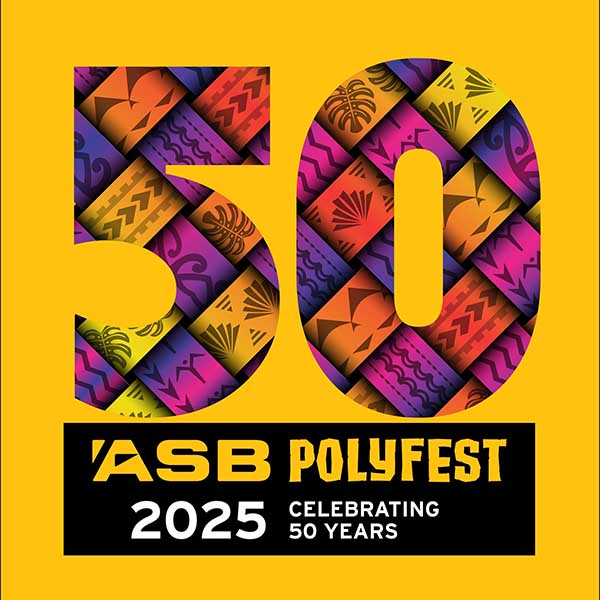
Whakapā mai/contact us
For any media enquiries please contact us
